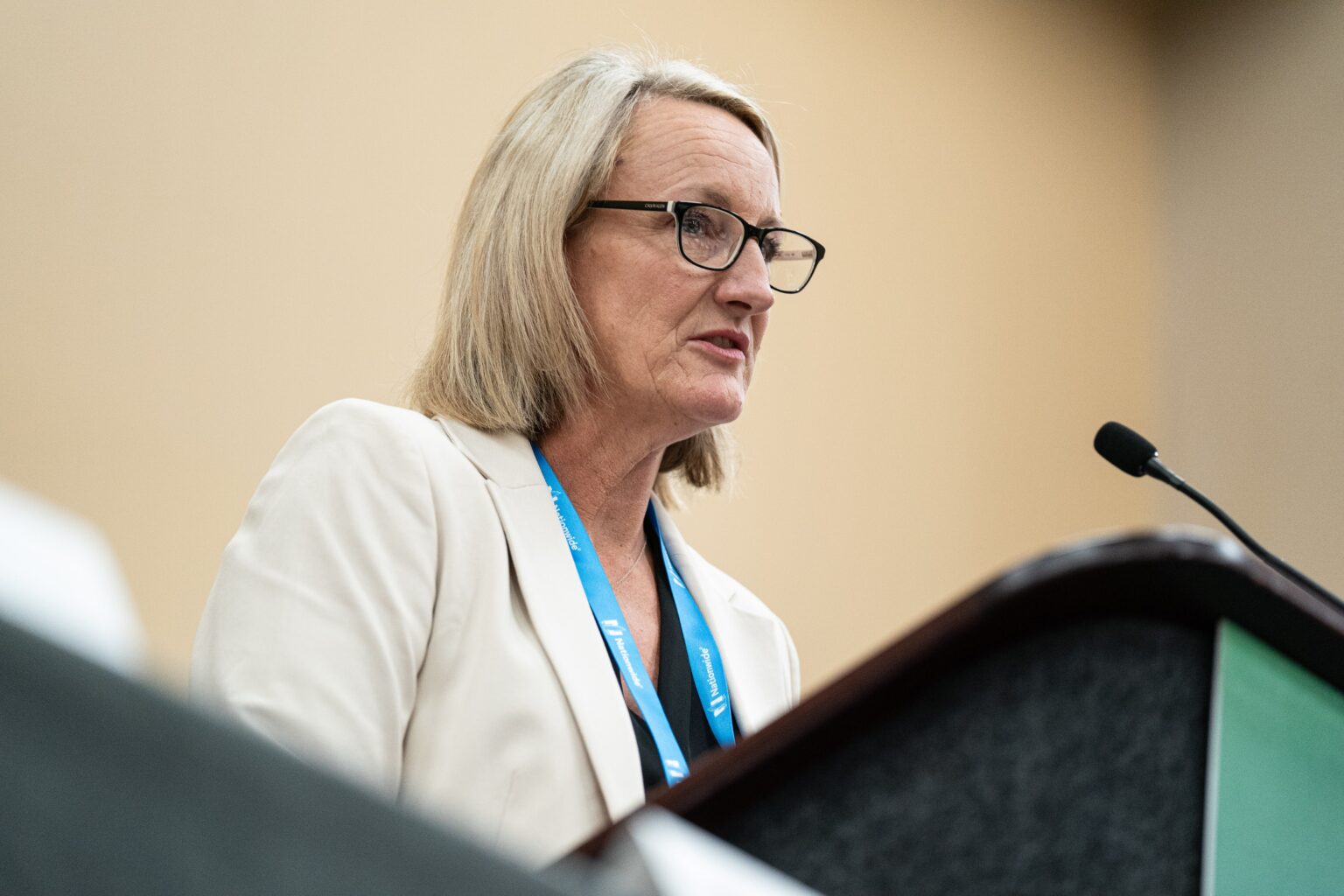CSAC Member Spotlight: Lake County Supervisor Jessica Pyska
Back to News
“If we don’t speak up for rural counties, who will?”
Lake County Supervisor Jessica Pyska’s path to public office didn’t begin in politics—it began in community. After returning home to Cobb Mountain following a major wildfire, she found herself helping neighbors navigate uncertainty, organize recovery, and rebuild connections that had frayed. What started as impromptu meetings in an open field became the foundation for deeper civic engagement.
“No one was coming to do the work for us,” she said. “So, we showed up for each other.”
Today, into her second-term, Supervisor Pyska brings that same spirit to her leadership—grounded in listening, problem-solving, and advocating for rural communities that are often overlooked in statewide conversations.
“You can’t serve your constituents unless you know them—where they live, how they live, and what makes them vulnerable,” she said.
Representing a fully unincorporated district, Supervisor Pyska sees the full range of local issues—from roads and permits to broadband outages and health access. She believes the best policies are rooted in real-world experience and often begins her advocacy by elevating the voices of those she serves.
That perspective has shaped her work on a wide range of issues: broadband reliability, water systems, aging infrastructure, and access to basic services in remote areas. When telecom companies proposed withdrawing phone coverage in parts of Lake County, she partnered with local tribes and community members to push back. She’s also worked to ensure isolated seniors have meals delivered during snowstorms and other severe weather.
Supervisor Pyska sees collaboration—not competition—as key to progress. She helped establish a countywide strategy group that brings together city officials, tribes, fire districts, and service agencies to coordinate on grant funding and project delivery.
“Whether it’s legislation or funding, we don’t compete—we coordinate,” she said. “That’s how we make real progress.”
In her role as Chair of CSAC’s Agriculture, Environment, and Natural Resources Policy Committee, she helps shape statewide conversations on issues like broadband, environmental stewardship, and equitable state mandates—always with a rural lens.
Supervisor Pyska’s advocacy extends beyond state lines. When she travels to Washington, D.C., she speaks with federal partners about the realities rural counties face—and why national policy must reflect them. On one unforgettable trip, she brought her daughter along as she testified before Congress on insurance reform and rural disaster resilience.
“She sat right next to me while I shared our story,” Supervisor Pyska said. “It was personal—for me as a mom, and for all the families back home trying to navigate the same systems. I wanted her to see that showing up matters.”
That moment reflects how Supervisor Pyska approaches public service: with humility, with family and community in mind, and with a clear focus on making systems work better for the people depending on them.
With more than half of Lake County residents on Medi-Cal, access to healthcare remains a critical challenge. The county has only two small hospitals, and staffing shortages mean families sometimes go months without access to pediatric care.
“Even if you have a pocket full of money, there may not be anyone available to help,” she said.
Supervisor Pyska is currently advocating for long-term investments in rural healthcare infrastructure, expanded behavioral health services, and a stronger safety net to support families, providers, and local clinics. “We’ve made progress,” she noted. “But the system is stretched, and rural communities are often the first to feel the impact of any cutbacks.”
For Supervisor Jessica Pyska, rural leadership is about showing up, working together, and building systems that work for everyone—no matter how far off the main road they live.
“This is a beautiful place,” she said. “People here care deeply about the land and each other. We want our kids to grow up here, thrive here, and stay here. That’s what drives me every day.”